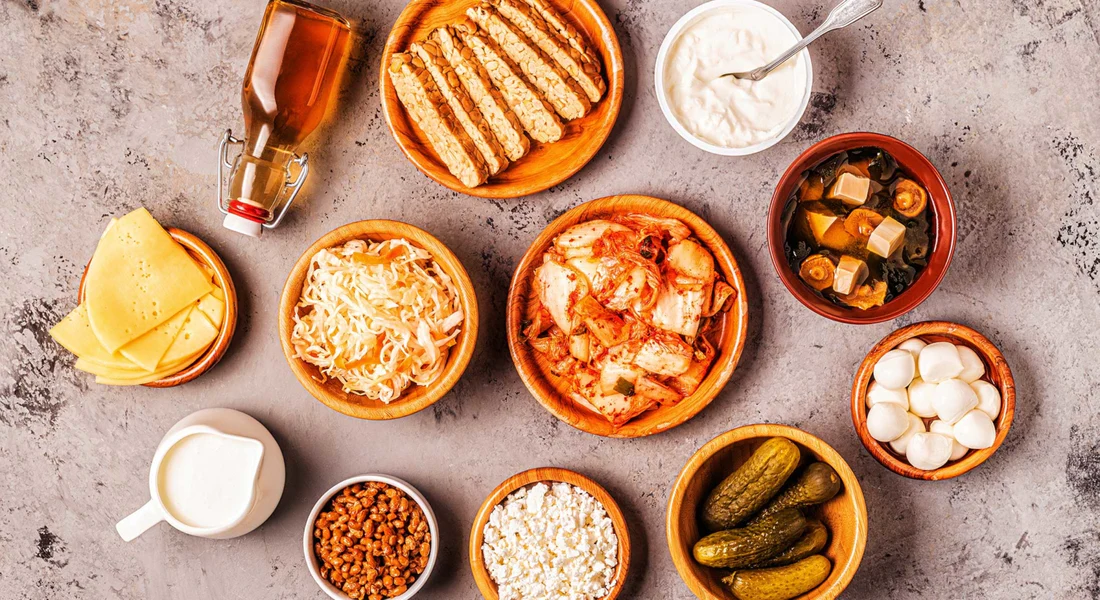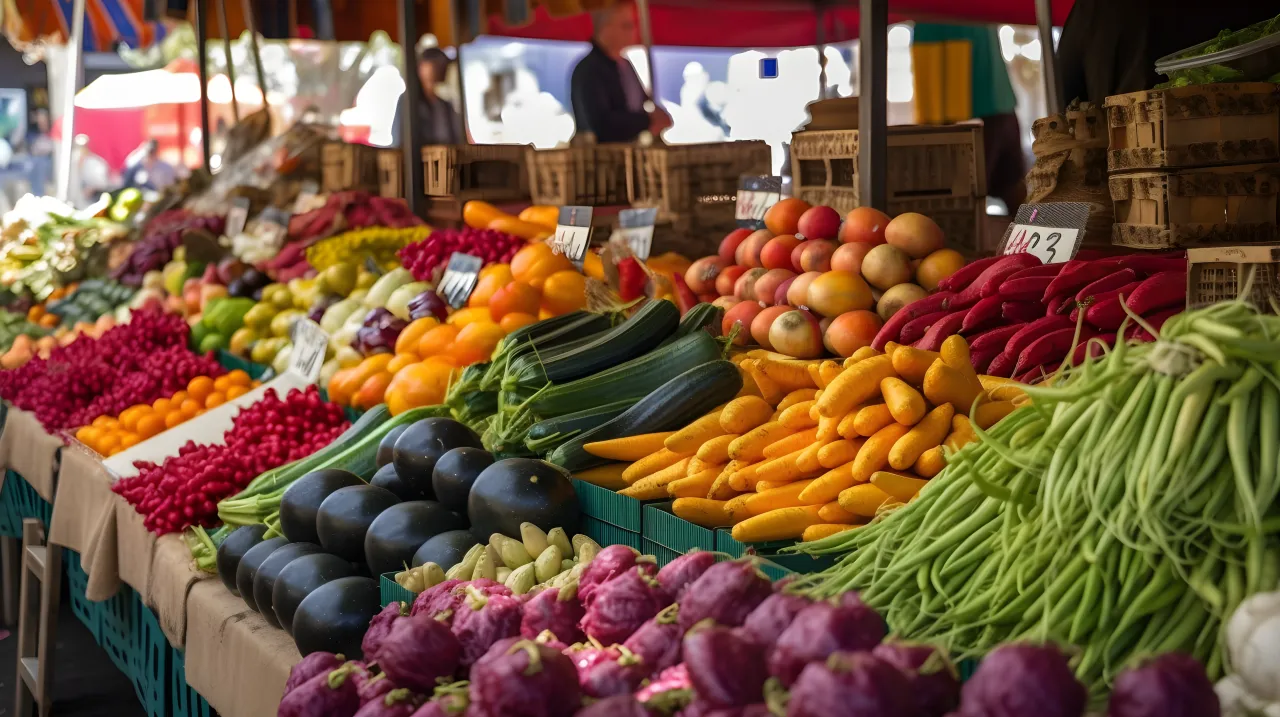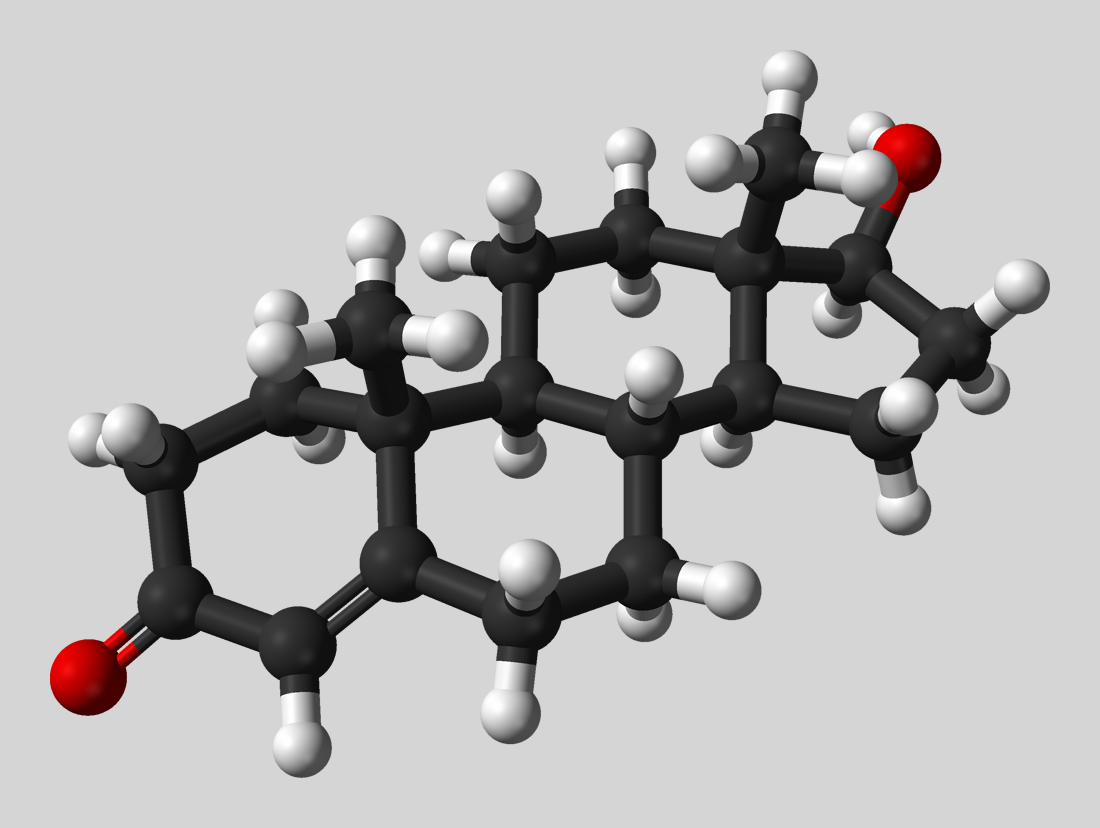Your gut is home to over 10,000,000,000,000,000 bacteria. That is approximately 10 times more bacteria than regular cells in your body. It is no wonder that the health of these bacteria has a direct effect on your health!
For the sake of this article, let’s think about the most recent meal you have eaten. Let’s say you just finished lunch – the food you have just eaten passed through the stomach for the first phase of digestion, and then into the small intestine where most of the nutrients are absorbed. The third phase of digestion occurs in the large intestine, sometimes referred to as the colon.
The large intestine supports digestion primarily through water absorption as most nutrients have already been absorbed. As water is removed, the digested food moves more slowly which creates an ideal environment for bacteria to thrive. The large intestine is home to billions of beneficial bacteria that help us break down things that were not able to be digested in the upper gut to improve digestion and support the health of their human ‘landlord’.
These bacteria are known collectively as the gut microbiome.
A healthy gut microbiome is essential for optimal immune function and for preventing gut inflammation. As well, maintaining a healthy gut microbiome is the best way to prevent the growth of potentially harmful bacteria. Having certain strains of ‘bad’ bacteria is associated with obesity and the development of certain chronic diseases.
We can promote the health of our gut microbiome by consuming beneficial bacteria or promoting the health of the ones we already have using prebiotics and probiotics.
What are prebiotics and probiotics?
The foods we eat directly affect the composition of our microbiome. Prebiotics are indigestible carbohydrates (fibre) that get passed unabsorbed through our intestines where they serve as a food supply for the beneficial bacteria that live there. Some common examples include lentils, oats, green bananas asparagus, and dandelion green.
In contrast, probiotics are foods that contain specific types of live bacteria which are believed to have beneficial effects on human health. Some common examples of these foods are yogurt, kefir, kimchee, miso and sourdough bread.
What do these bacteria do for me?
Research on the relationship between the gut microbiome and overall health is a relatively new field and constantly expanding. Evidence supports health benefits from ingesting bacteria like Bifidobacterium and Lactobacillus which can be found in fermented dairy products (e.g. yogurt) or nutraceuticals.
A healthy microbiome is characterized by a large variety of microbes that remain stable despite environmental changes that could affect the human host. We have a symbiotic relationship with our microbiome; our diets can help determine diversity and stability.
Aside from our diet, factors that could affect our microbiome composition could include our geographical location, the type of medication we take (e.g. antibiotics), stress, genetics, and age. Some of these factors could hurt our microbiome variety and consequently lead to something called dysbiosis, an imbalance in the microbiome that can lead to gut inflammation and lower immune system function.
Some diseases associated with dysbiosis include stomach conditions such as irritable bowel syndrome, Crohn’s disease, celiac disease, and general issues with the digestive system such as diarrhea or constipation. Outside of our gut, dysbiosis has been associated with diabetes, obesity, cardiovascular disease, allergies, asthma, and even mental health conditions.
Your optimum health takeaway
References:
Enam F, Mansell TJ. Prebiotics: tools to manipulate the gut microbiome and metabolome. J Ind Microbiol Biotechnol. 2019;46(9-10):1445-59.
Khanna S, Tosh PK. A clinician’s primer on the role of the microbiome in human health and disease. Mayo Clin Proc. 2014;89(1):107-14.
Oniszczuk A, Oniszczuk T, Gancarz M, Szymanska J. Role of Gut Microbiota, Probiotics and Prebiotics in the Cardiovascular Diseases. Molecules. 2021;26(4).
Singh RK, Chang HW, Yan D, Lee KM, Ucmak D, Wong K, et al. Influence of diet on the gut microbiome and implications for human health. J Transl Med. 2017;15(1):73.
Thursby E, Juge N. Introduction to the human gut microbiota. Biochem J. 2017;474(11):1823-36.






